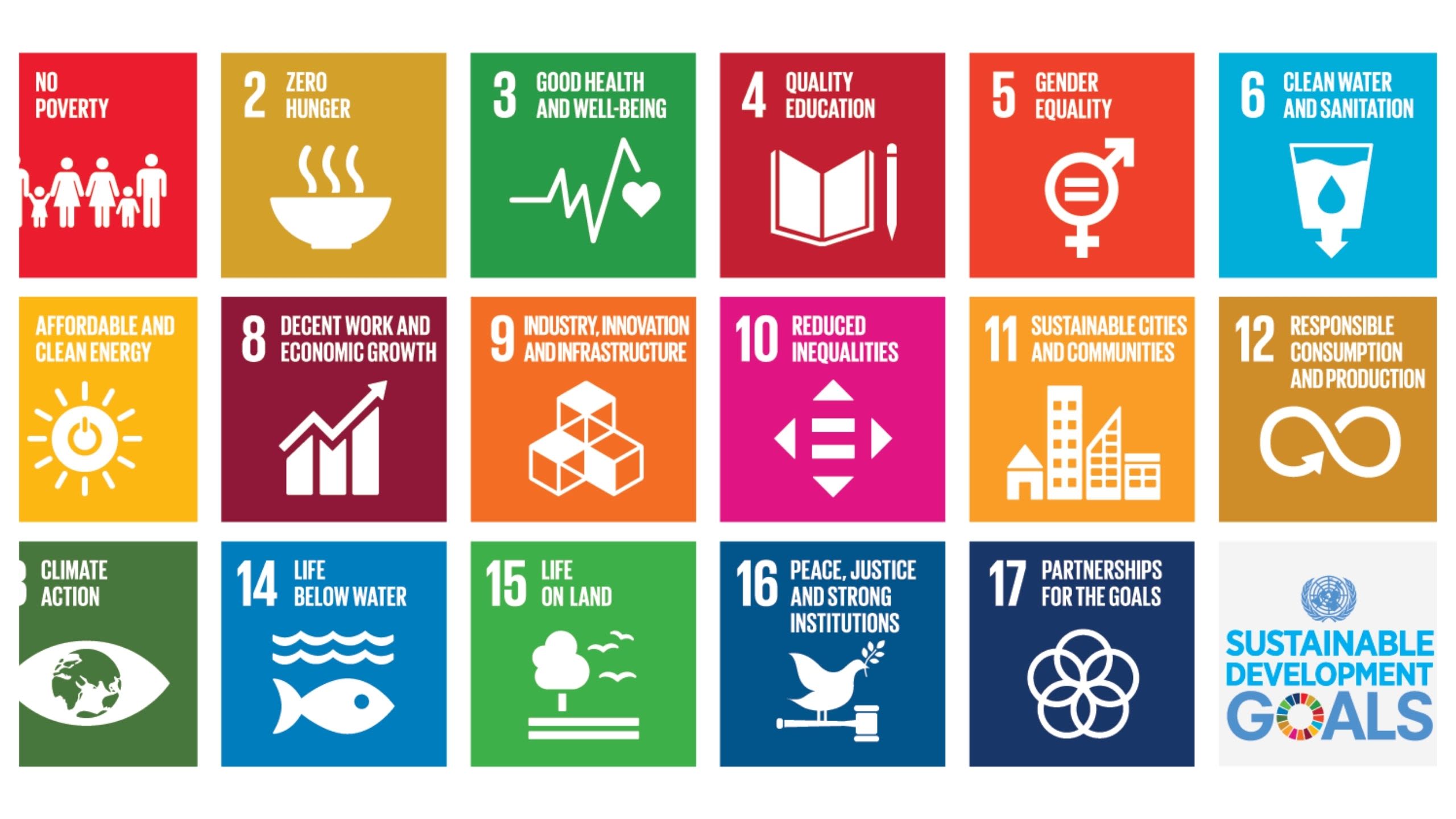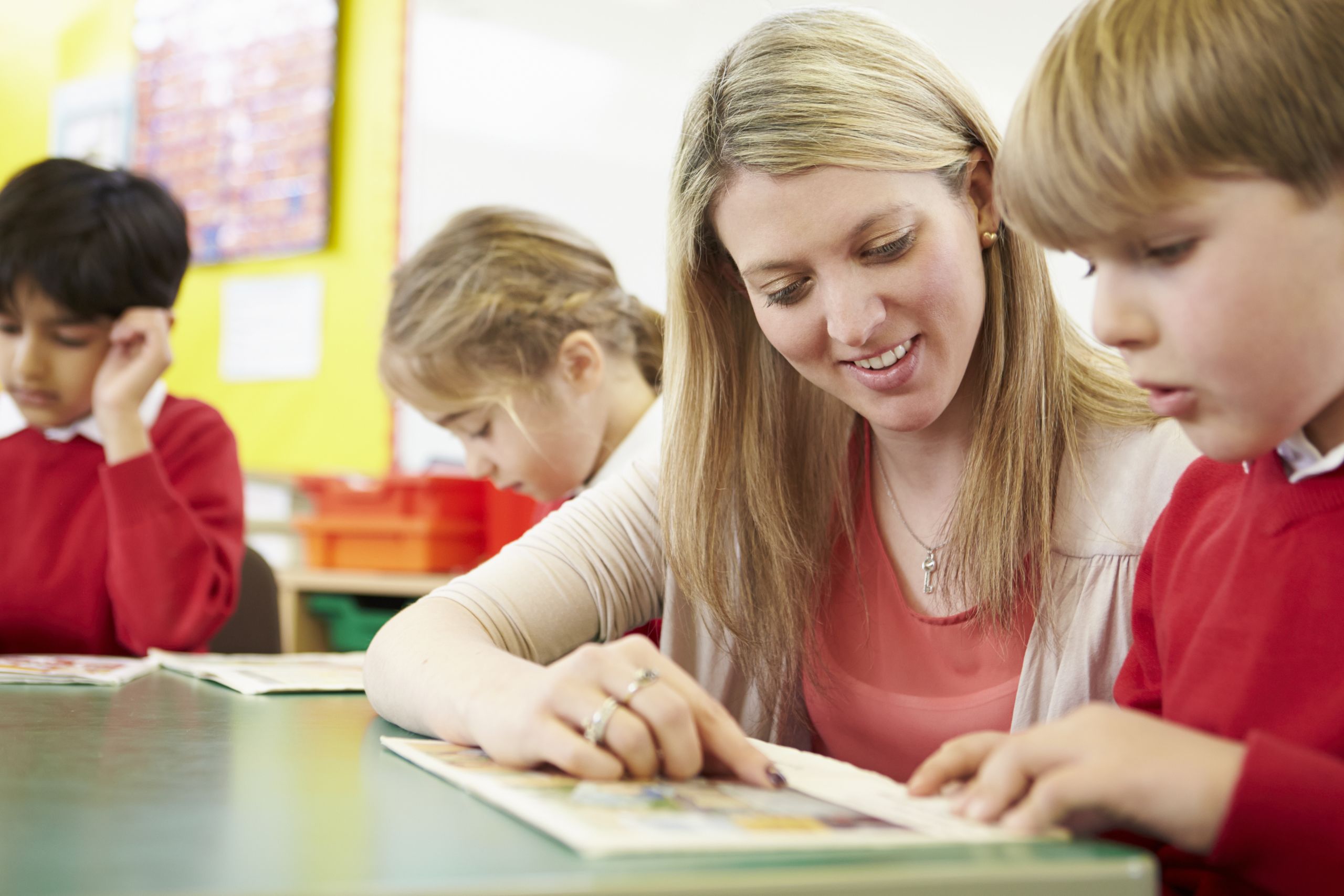Literacy Lift Off!
Developing practical skills and experience in the field of literacy and reading support

This experiential and community engaged opportunity connects with the following UN Sustainable Development Goals:
- 4 - Quality Education
- 10 - Reduced inequalities
- 17 - Partnership for the goals

Dr Dermot Burns, Lecturer in English at NUI Galway, has dedicated much of his career to the development of service learning experiences for students and the wider community to engage. Service learning is an educational approach that combines academic knowledge to a community context and challenges. He first developed a service learning module entitled “Literacy and Learning in the Community” which allowed visiting American students to offer help and support to children at local homework clubs in Galway, enabling the students to put their theory into practice. This very successful learning and community engagement opportunity then prompted Dermot to create a module for 2nd year NUI Galway students that he called “Literacy Lift Off”. Dermot highlights that research indicates that many children do not have the opportunity to read with their parents, and a literacy problem can emerge such as a low reading age and ability. The Literacy Lift Off module gave primacy school children a one-to-one experience to read with NUI Galway English students to help combat and counteract this challenge as well as increasing a passion for reading. The focus of the module is to inspire, motivate and build confidence in both the NUI Galway students and primary school children.
During term, every Tuesday, the students go to Scoil Bhríde, a local primary school close to campus, for one hour, read with 4th class students and take on a mentor role. It is wholly child centred, aimed to build confidence and hopefully, encourage the children to enjoy reading. They aim to create a ‘lovely safe, warm and welcoming place’ which is free from the ‘terror’ of reading aloud, Dermot recounts. The students start by getting the children to talk about the cover, images and pictures in the book. They then create a mind-map on the book and engage the children to work on other activities including reading slowly, using a funny voice or playing a game such as snakes and ladders.
The benefits of the module to the NUI Galway English students is invaluable as they may be nervous at the outset, but then become comfortable as their confidence grows. Most students who take the module have a keen interest in working with children or teaching, and this module develops skills that the students will carry into their future careers. The feedback from those taking the module has been fully positive so far.
In December 2019, a NUI Galway student article was published in the Irish Times which quoted;
“In doing this course my expectation was solely to affect children and fuel their potential reading careers, what I never suspected was that I would be inspired by their willingness to learn and that my passion for reading would be enhanced by the experience.”
The full article is available here: https://www.irishtimes.com/student-hub/a-novel-idea-propelling-children-to-new-levels-of-literacy-1.4107118
Talking about the module and the relationship with the school, Dermot’s enthusiasm is palpable and infectious. He describes “Literacy Lift Off” as his favourite module to teach but the one with most amount of work. He has been presented with different challenges throughout the years. Working with children there are many regulations, meaning all students need to be Garda vetted, a background check system to ensure child safety, and this all takes time. Dermot reflects on the challenge of engaging his English students and ensuring they are present for every session. He includes extra people in his seminars for “back-up” in case they are unable to attend. Despite these challenges, Dermot expresses the enjoyment he, his students and the children get from “Literacy Lift Off”. The benefits are ongoing and timeless. His ‘real aim is that some of those kids will come and do English here. [He] would be very happy about that’.



